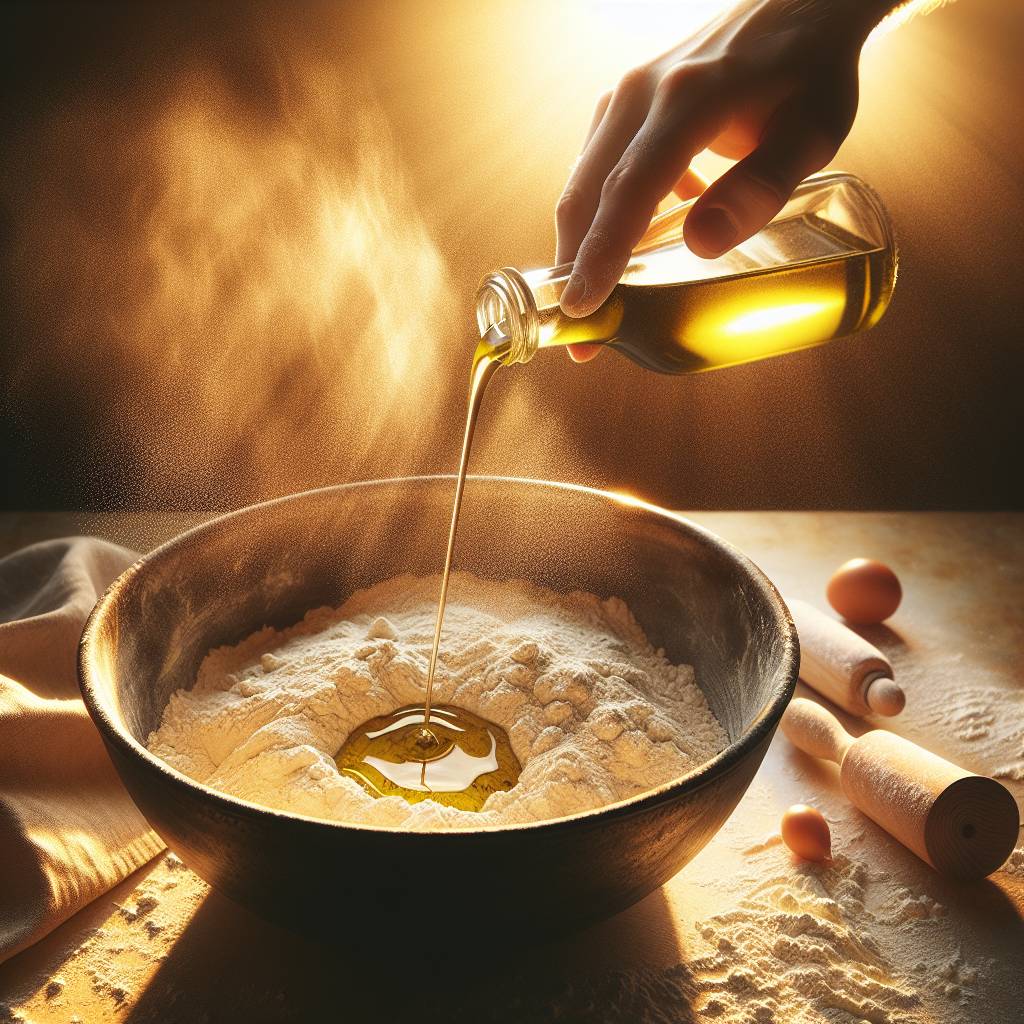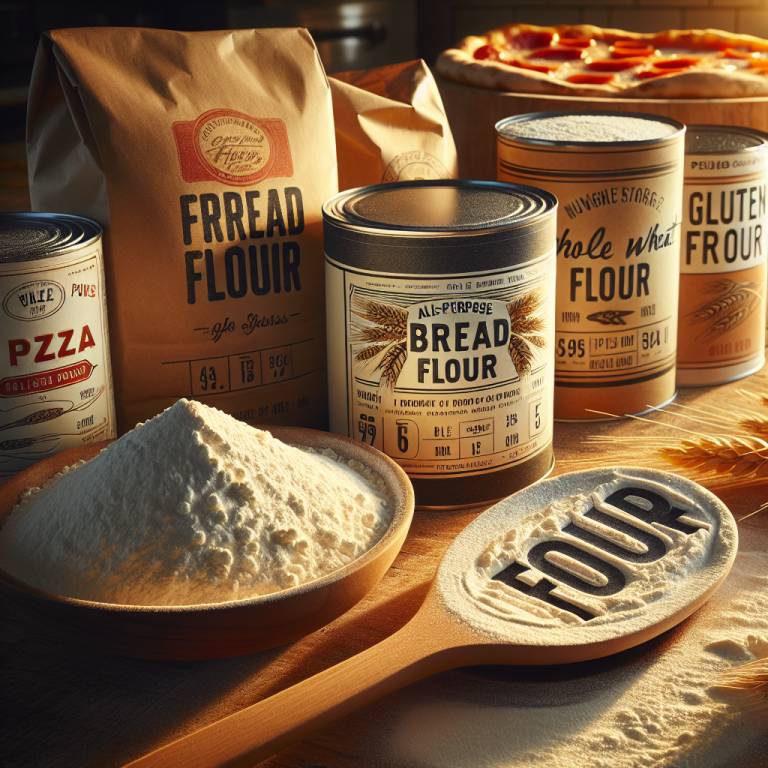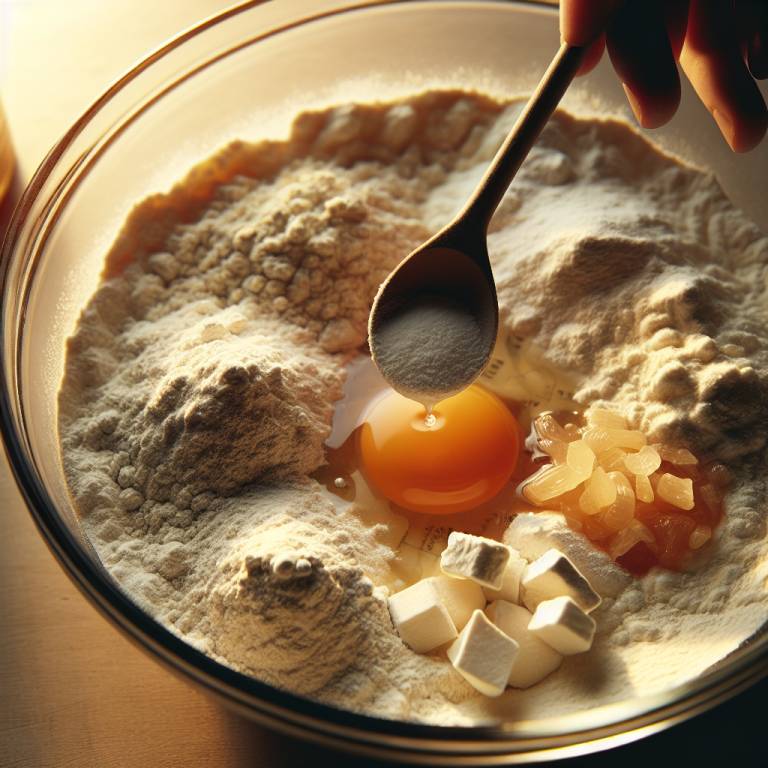Do You Really Need Olive Oil In Pizza Dough?
Olive oil isn’t strictly essential for pizza dough, but it does add richness, flavor, and a tender texture. It also aids elasticity and browning during baking. While you can make dough without it, olive oil enhances the overall taste and mouthfeel of the crust. This is especially true for homemade pizza baked in a home oven.
How does olive oil influence the texture, flavor, and moisture content of pizza dough?
Olive oil plays a big role in making pizza dough just right. When you add olive oil to your dough, it changes how the dough feels and tastes. The oil coats the flour particles, which helps the dough stay tender and adds a slight richness to the flavor. This means your pizza crust can be crispy on the outside but still keep that nice, chewy texture inside. Olive oil also helps lock in moisture, so the dough doesn’t dry out too fast while it’s cooking.
Another cool thing about olive oil is that it adds its own unique taste to the dough. Depending on the type of olive oil you use, it can give a subtle fruity or peppery note that makes your pizza stand out. This is why many pizza makers prefer using high-quality olive oil. It’s not just about the texture, it’s also about boosting the overall flavor of the pizza. Plus, the moisture that olive oil helps keep in the dough makes sure your pizza doesn’t end up too hard or crunchy, unless that’s what you’re going for.
What are the benefits of including olive oil in pizza dough recipes?
Including olive oil in pizza dough recipes has a lot of benefits. For starters, it makes the dough easier to handle and shape. If you’ve ever tried to stretch out pizza dough and it keeps snapping back, adding a bit of olive oil can make a big difference. It gives the dough a smoother texture, which is great when you’re trying to roll it out or shape it by hand. Plus, olive oil can help the dough rise better, giving you a lighter, airier crust.
Olive oil is also good for your health. It’s packed with healthy fats and antioxidants. So, when you add it to your pizza dough, you’re not just making the pizza taste better, you’re also adding some nutritional value. This is a big reason why many people prefer homemade or artisan pizzas over the ones you get from fast-food places. They know that good ingredients like olive oil can make a difference not just in taste but in how food affects your body.

Pexels @Yusuf Kaya
Can other types of fats or oils be used as substitutes, and how do they compare to olive oil?
Yes, you can use other fats or oils in pizza dough if you don’t have olive oil. Some people use vegetable oil, canola oil, or even melted butter. These can all help make the dough tender and add moisture, just like olive oil does. However, they don’t all add the same flavor. For example, butter can make the dough taste richer, but it won’t give you the same fruity or peppery notes that olive oil does. Canola and vegetable oils are more neutral, so they won’t change the flavor much at all.
When comparing these substitutes to olive oil, it’s important to think about what you want from your pizza. If flavor is a big deal for you, olive oil is hard to beat. But if you’re more focused on texture or you’re looking for a cheaper option, other oils and fats can work well. Just remember, the type of fat you use can affect how your pizza turns out, so it’s worth experimenting to find what you like best.
How does the absence of oil affect the dough’s properties and the final pizza product?
Leaving oil out of your pizza dough can change a lot of things. Without oil, the dough can become tougher and less tender. This is because oil softens the dough and helps keep it moist during baking. Without it, you might end up with a crust that’s harder and more brittle, especially around the edges. The dough can also be harder to work with when you’re trying to shape it, as it might tear more easily or not stretch as well.
Not using oil can also affect the flavor of your pizza. You won’t get the subtle richness or the moisture that oil adds, which can make the crust feel drier and less flavorful. Some people might prefer this if they’re after a very crispy, thin crust, but it’s a different experience from what you get with oil in the dough. So, if you’re skipping the oil, be prepared for a pizza that’s a bit different in both texture and taste.
| Ingredient | Function | Impact on Flavor | Impact on Texture |
|---|---|---|---|
| Olive Oil | Provides moisture and richness | Enhances flavor with a subtle fruity note | Contributes to a softer and more tender crust |
Olive oil in the pizza dough: Yea or Nay? How does it affect the pizza?
byu/Mousi inPizza
What are the recommended amounts of olive oil for different pizza dough styles?
In terms of making pizza dough, the amount of olive oil you use can really change how your pizza turns out. For a classic Neapolitan pizza, which is known for its thin and crispy crust, you might only need a little bit of olive oil or none at all. This is because this style focuses on simplicity and a crisp texture. On the other hand, if you’re making a Chicago-style deep-dish pizza, you’ll want to add more olive oil. This could be around two to three tablespoons for every cup of flour. The extra oil helps make the crust rich and tender, perfect for holding all those toppings.
For a New York-style pizza, which has a crust that’s crispy on the outside and chewy on the inside, adding about two teaspoons of olive oil per cup of flour works well. This amount helps achieve that distinctive texture. Remember, the key is to adjust the olive oil based on the pizza dough style you’re aiming for. Too much oil can make the dough too wet and hard to handle, while too little might not give you the texture and flavor you’re looking for.

How does olive oil impact the dough’s handling and baking behavior?
Olive oil does more than just add flavor to your pizza dough, it also changes how the dough behaves when you’re making and baking your pizza. Adding olive oil to your dough makes it easier to handle and shape. This is because the oil coats the flour’s proteins, making the dough less sticky and more flexible. This can be a big help when you’re trying to stretch the dough into that perfect pizza base without tearing it. Plus, olive oil can help prevent the dough from absorbing too much sauce, keeping your crust from getting soggy.
During baking, olive oil plays a role in how the crust cooks and what it tastes like when it comes out of the oven. The oil can help the crust brown more evenly, giving it a beautiful golden color and a deliciously crispy texture. Also, the olive oil can protect the dough from the intense heat of the oven, ensuring that your pizza cooks through without burning. This means you get a crust that’s not just tasty but also has the perfect chew and crunch.
What are some creative ways to incorporate olive oil into pizza dough for enhanced flavor?
There are lots of fun and creative ways to add olive oil to your pizza dough to make it even more delicious. One idea is to infuse the olive oil with herbs like rosemary, garlic, or basil before adding it to your dough. This gives your pizza an extra layer of flavor that will make your taste buds happy. You can also try using different types of olive oil, like a spicy or fruity one, to give your pizza a unique twist. Mixing these flavored oils into your dough can surprise your friends and family with new and exciting tastes.
Another cool trick is to brush the top of your pizza dough with olive oil before adding your toppings. This not only adds flavor but also creates a barrier that keeps the dough from getting soggy from the sauce and toppings. Some chefs even like to drizzle a little olive oil over the finished pizza right before serving. This last-minute addition brings out the flavors of the toppings and gives the pizza a beautiful, shiny finish. It’s a simple touch that can make a big difference in how your pizza tastes and looks.
How do professional chefs and pizzerias utilize olive oil in their dough formulations?
Professional chefs and pizzerias have their own secrets in terms of using olive oil in pizza dough. Many of them swear by the quality of the olive oil they use, choosing extra virgin olive oil for its rich flavor and aroma. In some high-end pizzerias, you might find that the dough has been made with olive oil that’s been specially selected to complement the other ingredients used on the pizza. These chefs know that a good quality olive oil can make a big difference in the final product, making the pizza stand out from the crowd.
Some pizzerias also use olive oil in innovative ways, such as adding it to the dough at different stages of the mixing process to achieve the perfect texture. For example, adding olive oil early in the mixing process can result in a more tender crust, while adding it later can give the dough more elasticity. Chefs might also adjust the amount of olive oil based on the humidity and temperature in the kitchen, ensuring that the dough is always at its best. This attention to detail shows just how important olive oil is in making a delicious pizza that customers will love.
Final Thoughts
While olive oil can add a unique flavor and texture to pizza dough, it is not absolutely necessary for a delicious homemade pizza. Experimenting with different types of oils or omitting it altogether can lead to surprising and tasty results.
- Olive oil can enhance the flavor and texture of pizza dough.
- Using olive oil in pizza dough is a traditional practice in Italian cuisine.
- However, olive oil is not a mandatory ingredient for making pizza dough.
- Other oils like vegetable or canola oil can be used as substitutes in pizza dough recipes.
- Some pizza chefs prefer to omit oil entirely for a lighter, crispier crust.






